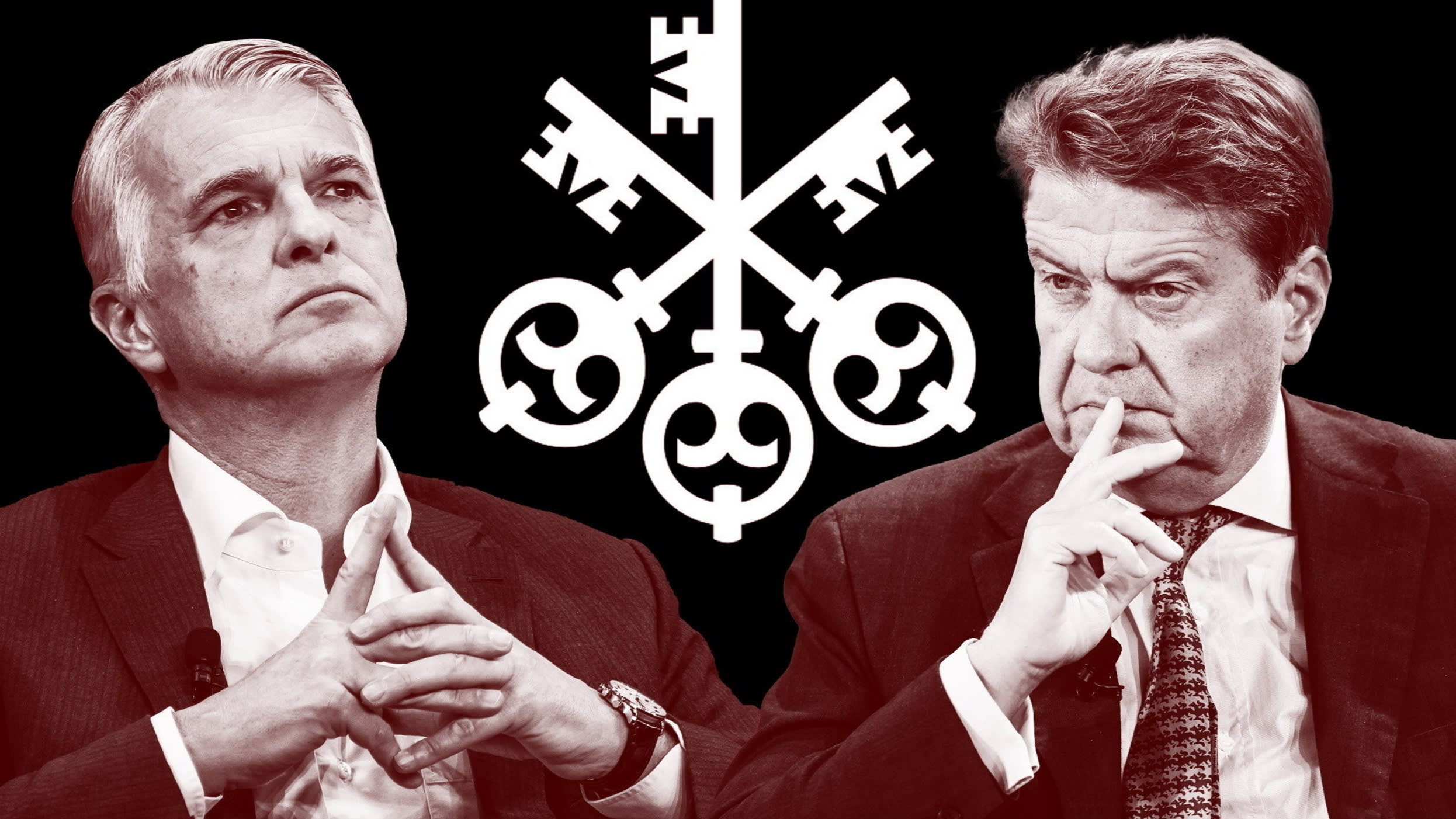Archive: https://archive.is/2025.03.31-061425/https://www.ft.com/content/395c6599-40e5-4298-89dc-697a8be8472f
UBS’s senior leaders and Swiss finance minister Karin Keller-Sutter are barely on speaking terms. Two years after the bank stepped in to buy Credit Suisse in a state-engineered rescue, the government is preparing to impose strict new capital rules on the enlarged lender, and the politician spearheading the crucial reforms is in no mood to be conciliatory.
“There have been several contacts on the highest level between the finance ministry and UBS,” the ministry told the Financial Times. “However, these talks are not negotiations and it would be a mistake to conceive them as such.”
The pending reforms, which could result in UBS being forced to hold as much as $25bn of additional capital, have pitted Switzerland’s largest bank against the country’s political and regulatory establishment in a dispute that has become increasingly febrile.
After being handed what one Swiss politician called the “deal of the century” when it acquired Credit Suisse two years ago — generating a $29bn accounting gain in the process — UBS has found itself fighting a rearguard action. The saga has weighed on the


